MENUMENU
- Supplements
- Fat Burners
- Pre Workout Booster
- Testo Booster
- Ephedrine HCL
- ECA stack
- Yohimbine
- Prohormones
- SARMs
- Power
- Muscle
- Accessories
- Fat loss
- Diet
- Health
- Endurance
- 0.00 € 0 items
-
50€+ Order = Free Shipping
*AT & DE
Manufacturers
BESTSELLER
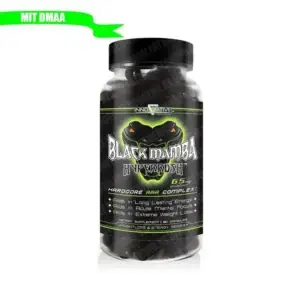
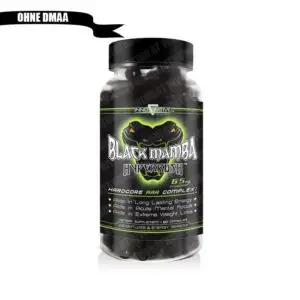
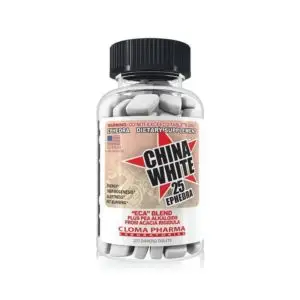
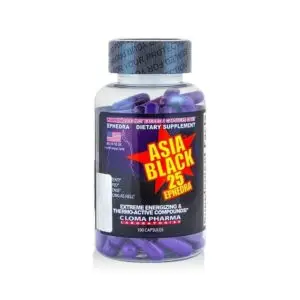
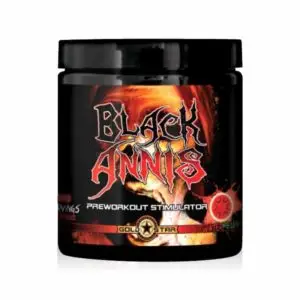
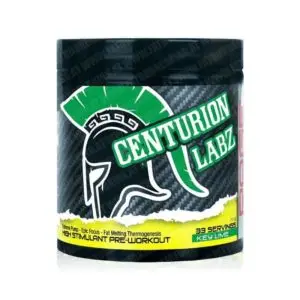
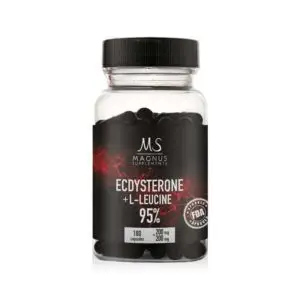
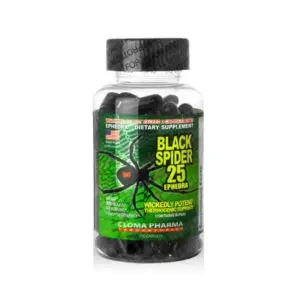
About
FATBURNERKING


Showing 1-30 of 37 results
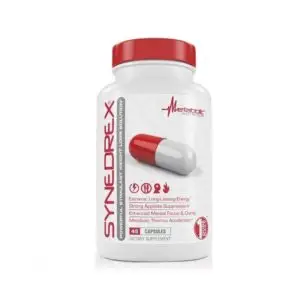
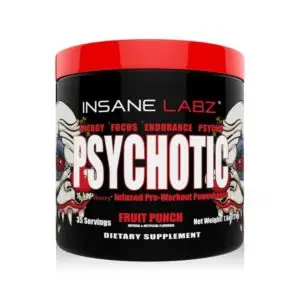
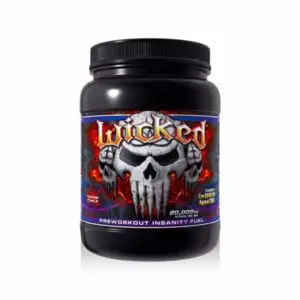
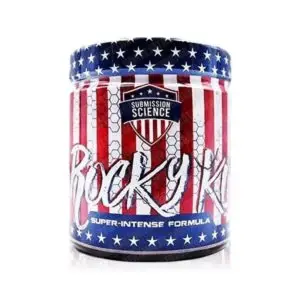
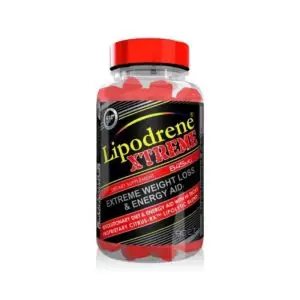
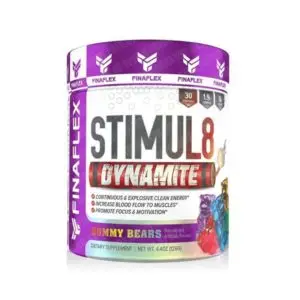
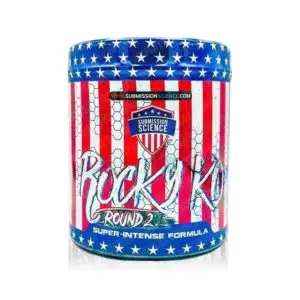
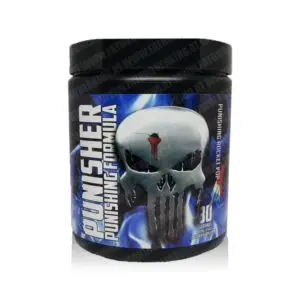
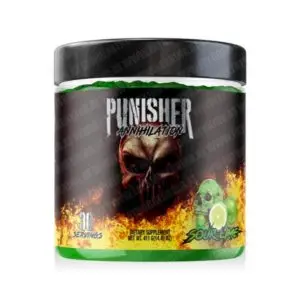
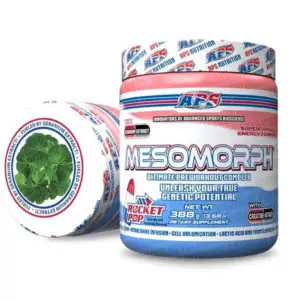
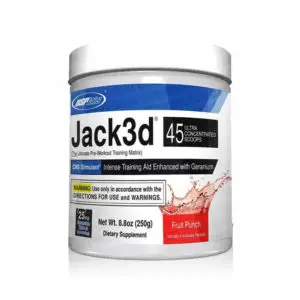
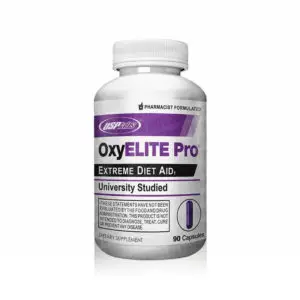
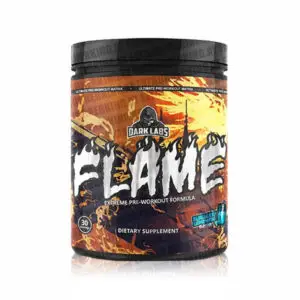
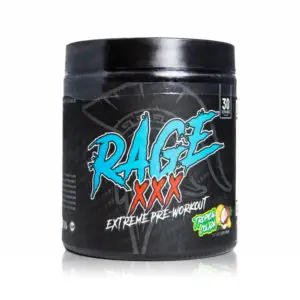
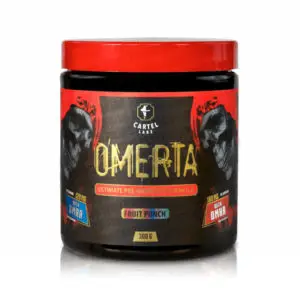
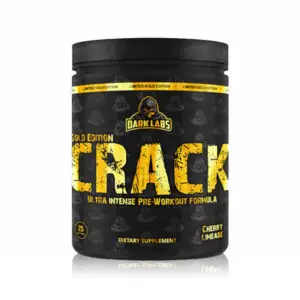
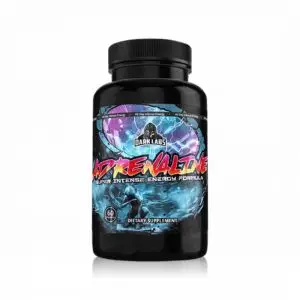
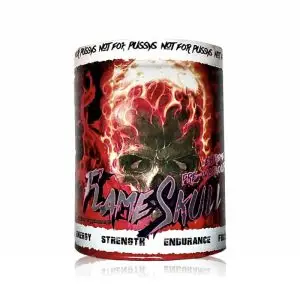
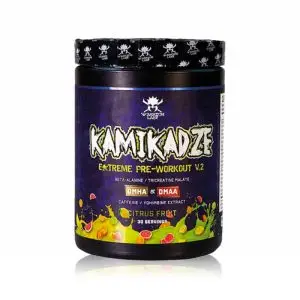
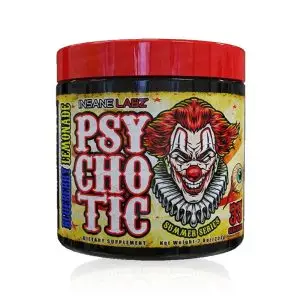
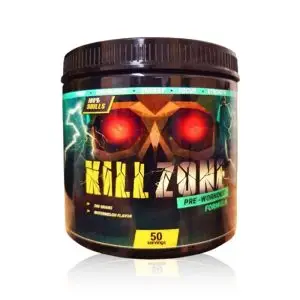
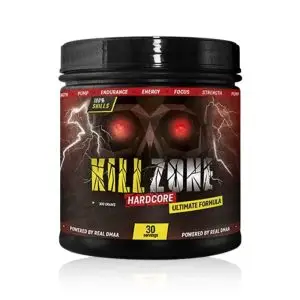
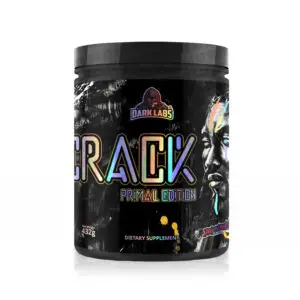
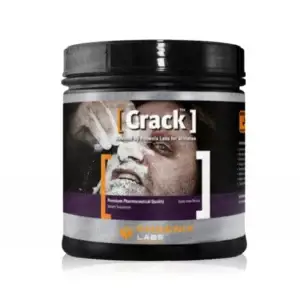

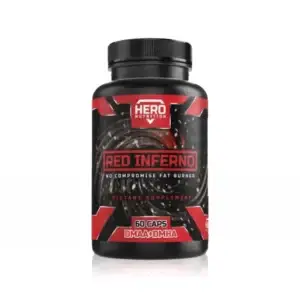
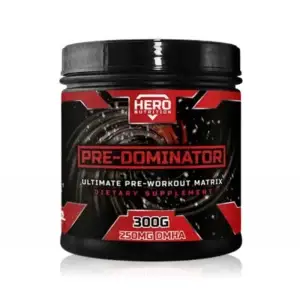
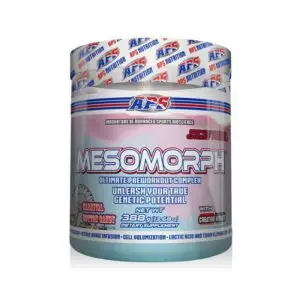
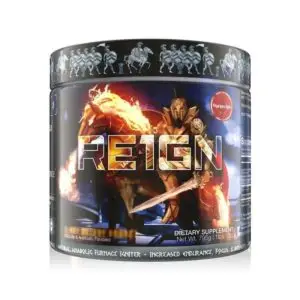

DMHA is a natural amine found in the bark of the walnut tree. In the bodybuilding community, it is seen as a possible alternative to DMAA because it has similar properties. DMAA has been banned by the FDA due to risks. DMHA and DMAA increase the release of dopamine and noradrenaline in the brain, so their similar effects are evident.
The effect of DMHA is based on an increased release of the hormones noradrenaline and dopamine, similar to DMAA. In other words, this mechanism of action is similar to that of amphetamine, popularly known as speed or pep.
The release of these two messenger substances stimulates the cardiovascular system, resulting in feelings of happiness and reducing the sensation of pain. It also increases the need for nutrients and water compared to the body's normal state.
DMHA is a component of fat burners and pre-workout supplements. The structure of DMHA is very similar to DMAA (methylhexanamine / 1,3-dimethylamylamine), not only chemically but also in its effects. DMHA boosters are stimulants that achieve around 90 percent of the effectiveness of DMAA because they increase the release of dopamine and noradrenaline. This enables effective training over sufficiently long periods of time.
DMHA boosters are very popular because they increase energy, motivation and concentration and stimulate blood circulation. Here are some of the best boosters:
| Cookie | Duration | Description |
|---|---|---|
| cookielawinfo-checkbox-advertisement | 1 year | This cookie is set by the GDPR Cookie Consent Plugin and is used to record the user's consent for the cookies in the "Advertising" category. |
| cookielawinfo-checkbox-analytics | 11 months | This cookie is set by GDPR Cookie. The cookie is used to store user consent for cookies in the "Analytics" category. |
| cookielawinfo-checkbox-functional | 11 months | The cookie is set based on the consent of the GDPR cookies to record the user's consent for cookies in the "Functional" category. |
| cookielawinfo-checkbox-necessary | 11 months | This cookie is set by GDPR Cookie. Cookies are used to store the user's consent to the storage of cookies in the "Necessary" category. |
| cookielawinfo-checkbox-others | 11 months | This cookie is set by GDPR Cookie. The cookie is used to store the user's consent for cookies in the "Other" category. |
| cookielawinfo-checkbox-performance | 11 months | This cookie is set by GDPR Cookie. The cookie is used to store user consent for cookies in the "Performance" category. |
| CookieLawInfoConsent | 1 year | Records the default button status of the corresponding category and the status of CCPA. It only works in coordination with the primary cookie. |
| elementor | never | This cookie is used by the website's WordPress theme. It allows the website owner to implement or change the content of the website in real time. |
| viewed_cookie_policy | 11 months | The cookie is set by the GDPR cookie and is used to store whether the user has consented to the use of cookies or not. It does not store any personal data. |
| Cookie | Duration | Description |
|---|---|---|
| ssupp.vid | 6 months | Cookie set by Smartsupp to record the visitor ID. |
| ssupp.visits | 6 months | Cookie set by Smartsupp to record the number of previous visits, necessary to track automatic messages. |
| Cookie | Duration | Description |
|---|---|---|
| _ga | 2 years | The _ga cookie installed by Google Analytics calculates visitor, session and campaign data and also tracks website usage for the website analytics report. The cookie stores information anonymously and assigns a randomly generated number to identify unique visitors. |
| _gat_gtag_UA_179465762_1 | 1 minute | Set by Google to distinguish users. |
| _gid | 1 day | The _gid cookie installed by Google Analytics stores information about how visitors use a website and at the same time creates an analytics report about the website's performance. Some of the data collected includes the number of visitors, their source and the pages they visit anonymously. |
| tk_ai | 5 years | JetPack sets this cookie to store a randomly generated anonymous ID that is only used in the administration area and for general analytics tracking. |
| tk_lr | 1 year | The tk_lr is a referral cookie set by the JetPack plug-in on websites using WooCommerce that analyses referral behaviour for Jetpack. |
| tk_or | 5 years | The tk_or is a referral cookie set by the JetPack plug-in on websites using WooCommerce that analyses referral behaviour for Jetpack. |
| tk_qs | 30 minutes | JetPack sets this cookie to store a randomly generated anonymous ID that is only used in the administration area and for general analytics tracking. |
| tk_r3d | 3 days | JetPack installs this cookie to collect internal metrics for user activity to improve the user experience. |
| tk_tc | Session | JetPack sets this cookie to record details of how users use the website. |
| Cookie | Duration | Description |
|---|---|---|
| _fbp | 3 months | This cookie is set by Facebook to display ads after visiting the website, either on Facebook or on a digital platform powered by Facebook Ads. |
| fr | 3 months | Facebook sets this cookie to display relevant ads to users by tracking user behaviour on the web, on websites with Facebook Pixel or Facebook Social Plug-in. |
| Cookie | Duration | Description |
|---|---|---|
| cookies.js | Session | No description available. |
| weglot_wp_rocket_cache | Session | No description |